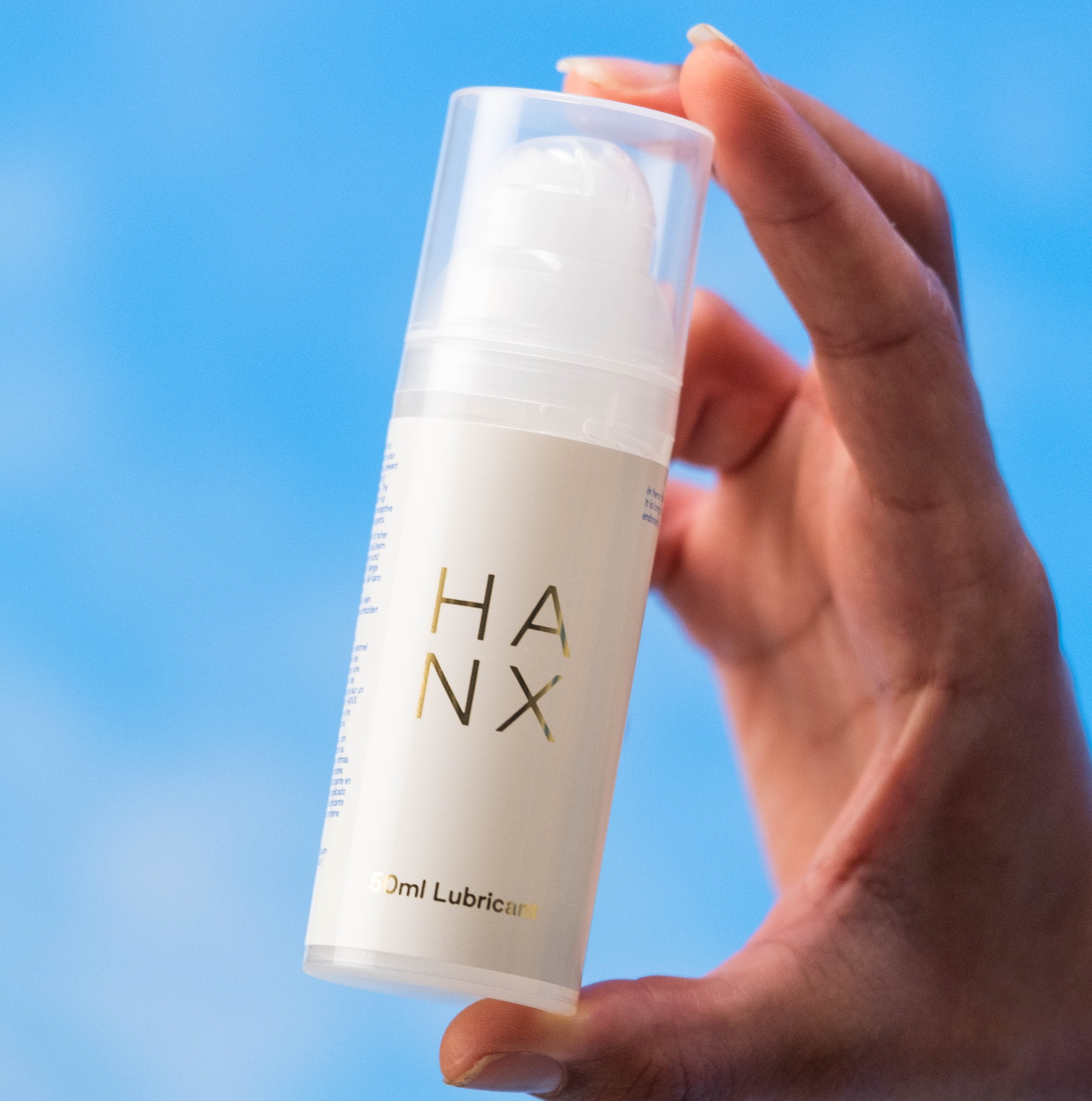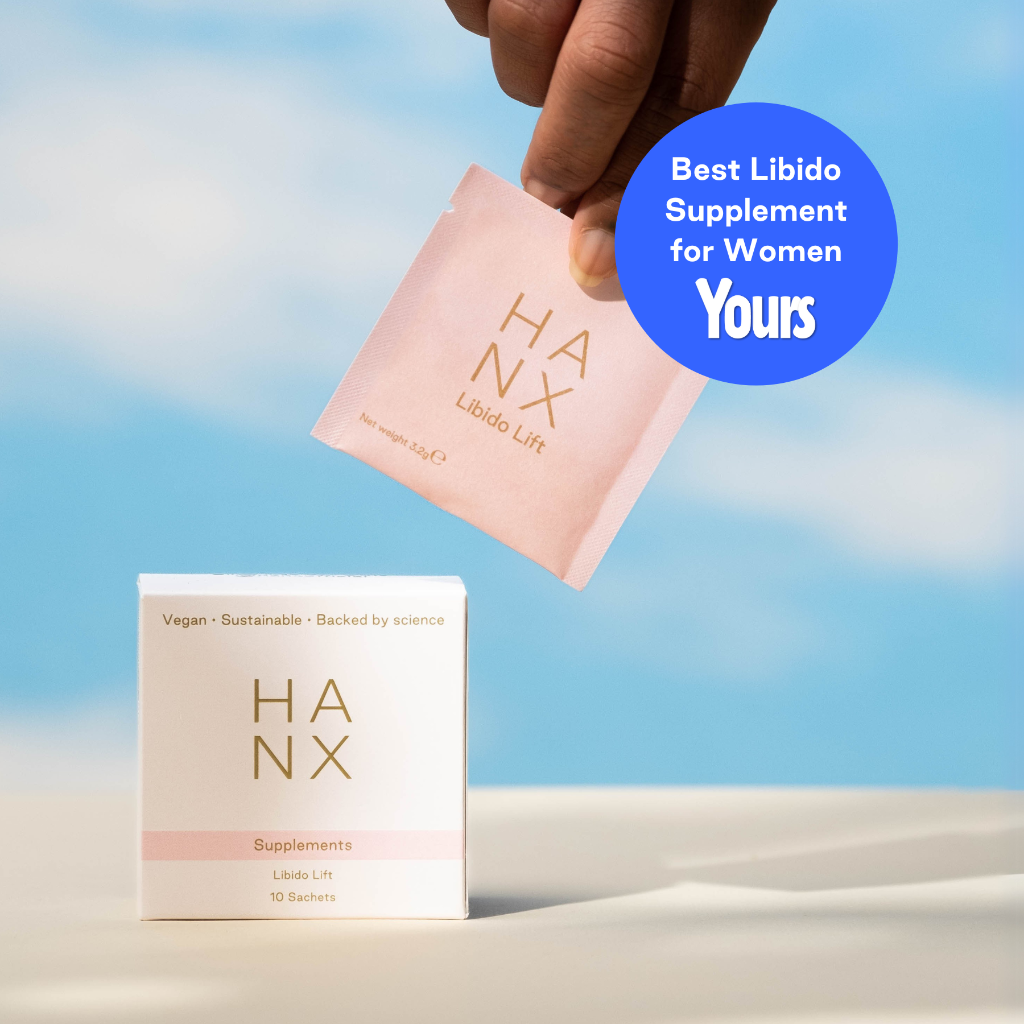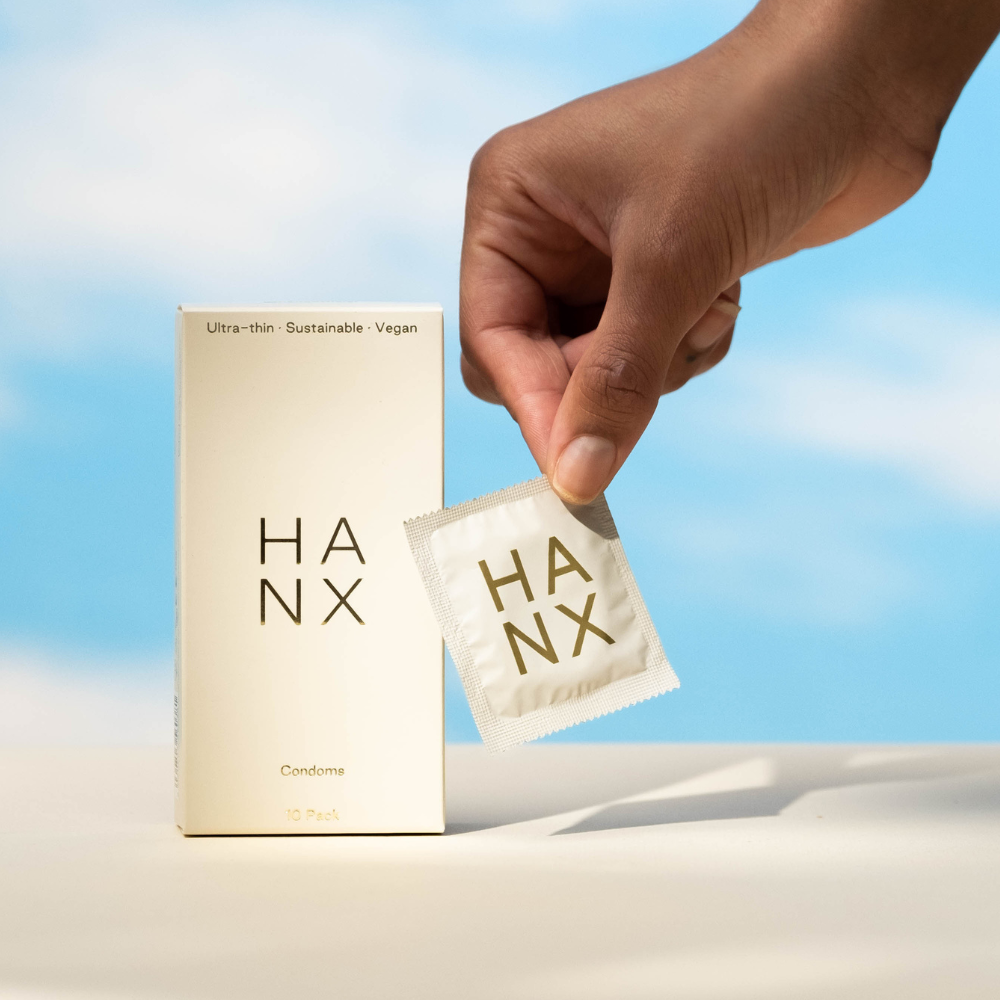Medical Misogyny is Endangering Women’s Health
"Women’s health care in the UK simply isn’t fit for purpose - trust me, I’m a doctor. I’m Dr Sarah Welsh, and before I co-founded HANX, I built a 10+ year NHS career, where I specialised in gynaecology and obstetrics. Today, a new report by Westminster’s Women and Equalities Committee warned that painful women’s health conditions* including heavy periods, endometriosis and adenomyosis are being ignored, misdiagnosed and mistreated. Poor and inaccessible healthcare services plus societal stigma and shame are a terrible combination. In fact, the report states that 53% of women who have experienced symptoms of pelvic floor dysfunction did not seek help from a healthcare professional, with 21% due to feeling too embarrassed to seek support. The report’s insights are sad, frustrating but unfortunately, not shocking as someone who has worked in the healthcare system. As a gynae expert and entrepreneur in women's health, here are my thoughts...
What does the report highlight?
The report draws on evidence from academics, charities, organisations and medical bodies, plus personal testimonies from individuals and broadcasters Naga Munchetty and Vicky Pattinson. It aims to explore the current NHS support available, and how well it serves patients, for reproductive conditions including endometriosis, fibroids, PCOS (PolyCystic Ovary Syndrome), urinary incontinence and more. Grab a cup of tea and settle in - it’s an absorbing read. There are several key areas the report recommends the Government focus on, including:
Better training
The report highlights the need to make gynae and obstetrics a mandatory rotation in medical training. Currently, it isn’t - ridiculous, right? In my junior doctor training school, I chose to take two placements in gynae and obstetrics (the standard is one per specialism of your choice) as I felt I really could have a positive impact on women’s health. From seeing patients with pregnancy concerns to endometriosis symptoms, it was a humbling and inspiring experience that ultimately led to my specialising in this area. However, as it isn’t a required specialism, those medical trainees who choose not to take gynae care are far less equipped to support, diagnose and treat women experiencing PCOS, endo and more. If you’re like any of the HANX community who have gone to a primary care (GP) professional with irregular/heavy periods or unusual period pain and been fobbed off, told to take a paracetamol or that you’re ‘overreacting’, you’re not alone.
(A snapshot from my junior doctor days!)
Poor education
Whilst sex education is improving (thanks to the likes of The School for Sexuality Education), the report highlights the need for better menstrual and gynae health education for both girls and boys. From my perspective, especially as the mother of a young son, it’s so important to include boys and men in the conversation around women’s health. Traditionally, sex ed has been gender divided, with boys siphoned off when it’s time for ‘the talk’ about periods and beyond. However, this just leads to confusion, misinformation and stigma around our bodies. Inclusive education is the way forward - menopausal hot flashes, menstrual cycles and all.
Painful procedures
Believe women when it comes to pain. Whilst some procedures can prove lifesaving, many women have testified to the painful nature of these investigations and the lack of preparation or adequate healthcare they received. The tide is turning, as seen in a much-needed report by the World Health Organisation earlier this year. It recommended health professionals take the pain of IUD insertion seriously, and as I and many colleagues in Obs and Gynae did, use local anaesthetic during the process to make it more comfortable for patients. This should be the norm, but sadly the WHO's report showed 9/10 doctors in the US do not offer pain relief for this ‘brutal procedure’ to patients.
Poor diagnosis and support
Long waiting times. Short appointment slots. Overstretched health services. Primary care in the UK is under pressure and right now, funding for GP training is prioritised for long term conditions over gynae care. Coming back to the statistic that 53% of women who experienced reproductive health issues didn’t seek help - it’s clear we need to change this. Worsening of some gynae symptoms may result in serious health conditions, which if untreated, may even lead to death. The report recommends that greater training in gynaecological and reproductive health for primary care physicians is not ‘left to choice’ but mandatory. Hear, hear.
Not just ‘period pains’
The reproductive and gynaecological conditions highlighted in the report have a massive impact on girls and women’s lives. Lack of care, support and treatment leads to missed school and compromised education. It tarnishes personal relationships and the right to enjoy a fulfilling sexual - and social - life. It leaves unanswered questions around fertility and menopause. The damaging impact of poor gynae care extends beyond the personal and into the professional realm, too. A recent report by AXA showed that patients with endometriosis were significantly more likely than controls to leave the workforce for any reason and take a leave of absence, experience lower annual salary and salary growth. Similarly, 1 in 10 UK women are forced from the workplace due to menopausal symptoms. Not only is inadequate treatment and stigma around women’s health leading to needless pain and torturous wait times, it’s impacting our ability to build thriving careers, social networks and families, too.
What needs to change?
The report emphasises how much investment is needed into the healthcare system to ensure patients are seen and provided with the care they deserve. This isn’t an easy job - I’ve seen myself that the lack of resource and endless waiting lists can’t be fixed overnight. From my perspective as both a medical professional and founder of a women’s health business, we also need:
- To put the patient to be in the driving seat. It’s really important to empower women to take the reins on their care, feel empowered to drive conversations to find the right solutions for their unique needs - and crucially, be able to push back if they aren’t feeling seen/served. Better sex ed (that doesn’t stop at school!), jargon-free vocabulary and the right tools e.g. period tracking apps can all help women advocate for themselves.
- Alternative options. As the report, and our lived experiences, show, the NHS isn’t fulfilling the needs of its patients. Necessary change will take time, and ultimately, cannot serve the individual needs of all women. That’s where brands like HANX come in. We’re able to offer medically-backed, accessible education and convenient, trusted services without the waiting list - and fill that gap."
*The report specifies that the conditions and issues mentioned in the report are specific to people born biologically female. Where they, and I, mostly use the term ‘women and girls’ throughout the report, please note that these conditions also affect other people, including trans men, non-binary people, and anyone registered female at birth, who may face additional challenges. Improvement of gynae care must apply to all.
Want more?
- Getting real about endometriosis and painful sex: read our gynae's guide.
- How common is PCOS? Find out more in this honest, doctor-approved overview.






















